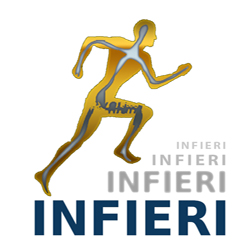Speaker
Description
In recent years precision timing detectors have increasingly captured the interest of the particle physicists, for their potential as time of flight detectors in high luminosity collider experiments as the LHC.
In the phase-1 of the LHC, the experiments have exploited a global event description, making use of all the subdetector information (tracks, calorimeter hits and muon chamber hits) to optimize the particle energy and position measurement depending on the particle type.
This technique usually referred to as "particle flow" has a beneficial effect particularly on the jet energy and on the missing transverse energy resolution.
In 2025 a new phase of the Large Hadron Collider will begin with increased instantaneous luminosity (HL-LHC) and a number of concurrent proton-proton interactions per bunch crossing as high as 200.
Therefore the events will have very high vertex and track density, and high hit occupancy will be detected in the calorimeters. Hence the need to exploit additional measurement, like the timing information, for the track to vertex matching algorithms and for the association of calorimeter hits to tracks, in order to be able to efficiently use the particle flow technique in these harsher conditions.
This lecture will review the existing detectors with fast and precise timing measurement as well as the physics motivation for their use.
It will introduce the various detector technologies able to achieve high performance in timing: Micro-channel plates, scintillation crystals coupled to high gain photodetectors, and silicon based detectors as Low Gain Avalanche devices.
Dr. Francesca Cavallari is a Senior Research Scientist at INFN and University La Sapienza in Rome (Italy); she is currently Project Manager at the CMS experiment at LHC. She had/has important contributions and responsibility to one of the key element of the experiment, i.e the electromagnetic calorimeter from the beginning (i.e. construction) its running and now its upgrade.




